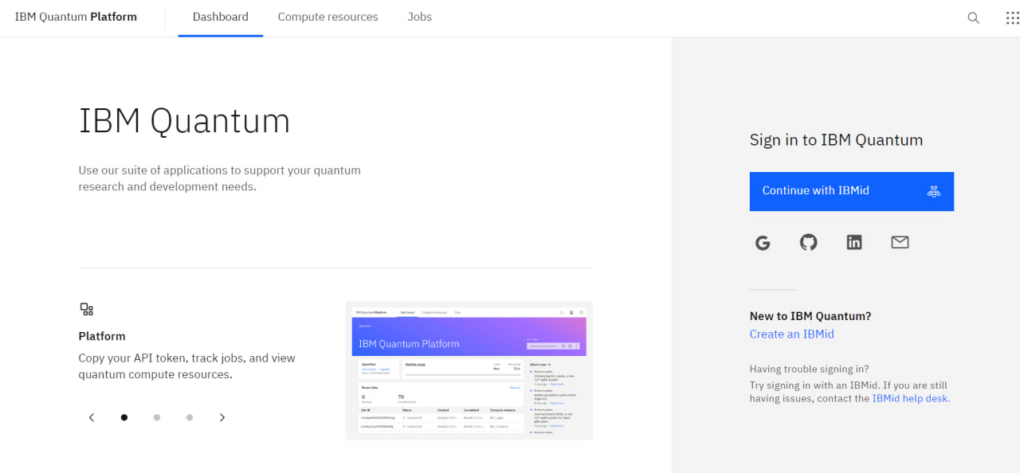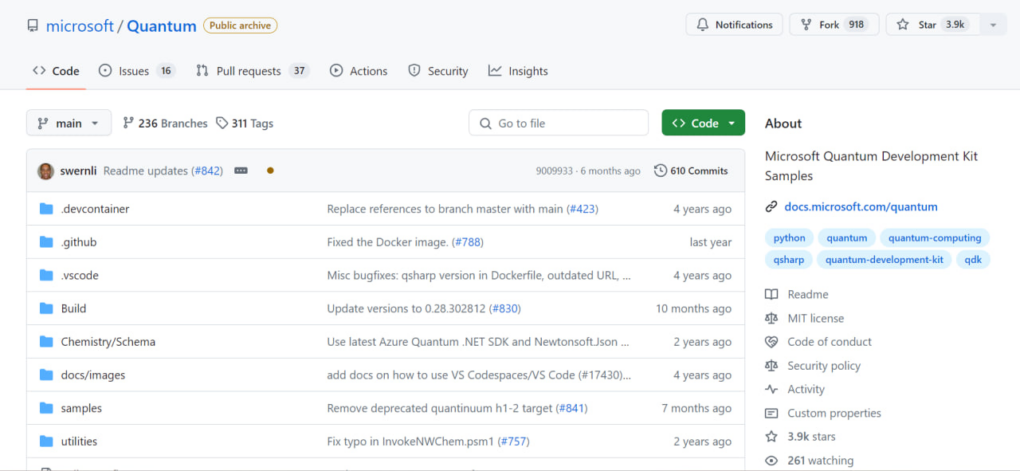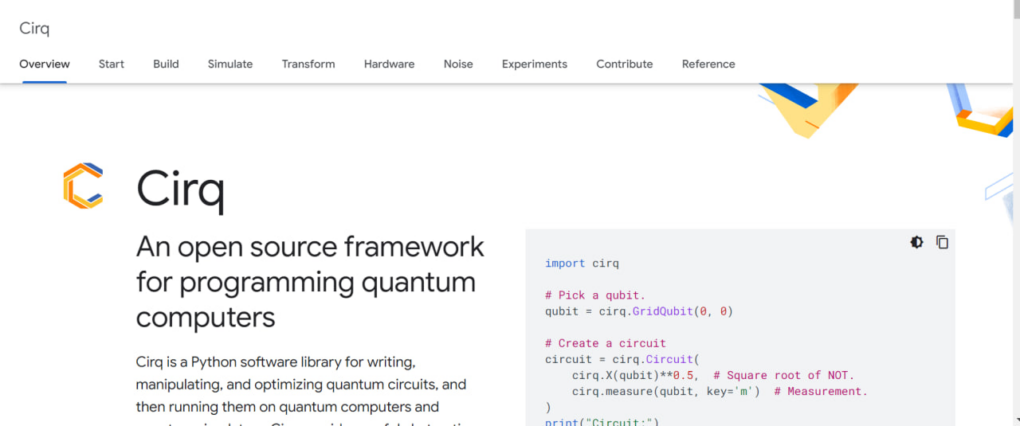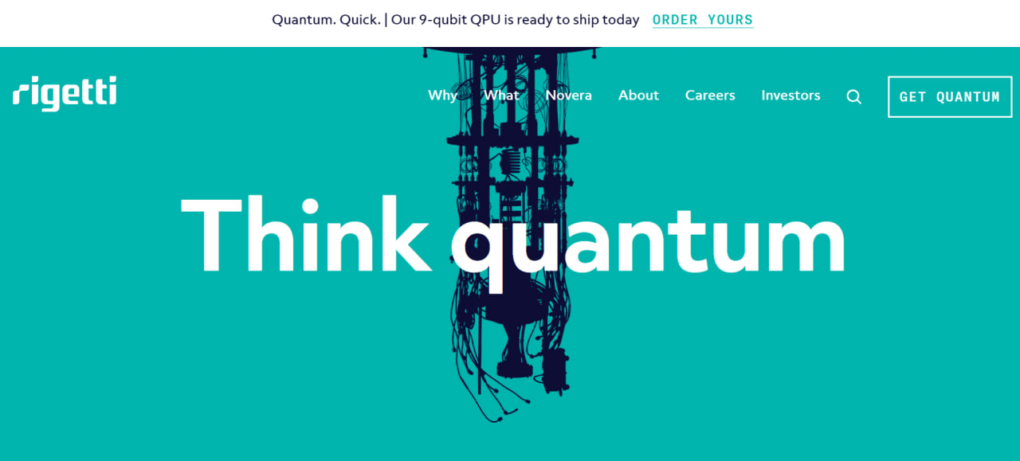
Quantum App Development: Top Free Tools
Quantum computing represents a significant shift from traditional computing paradigms, leveraging the principles of quantum mechanics to perform complex calculations at unprecedented speeds. Industries such as pharmaceuticals, finance, cryptography, and material science are increasingly looking to harness the power of quantum computing to solve problems that are currently intractable for classical computers.
As this technology advances, the need for specialized development tools becomes more pressing. These tools not only provide the necessary frameworks for building quantum applications but also offer resources for learning, experimenting, and simulating quantum algorithms. Developers require platforms that are both powerful and user-friendly, enabling them to explore quantum computing’s potential without excessive barriers to entry.
In this article, we will compare some of the top free tools available for quantum app development. We will examine their unique features, user-friendliness, community support, and hardware integration, providing a comprehensive overview to help developers choose the best tool for their needs. By understanding the strengths and limitations of each tool, developers can make informed decisions and effectively contribute to the rapidly evolving field of quantum computing.
IBM Quantum Experience

IBM Quantum Experience offers a robust cloud-based platform enabling users to run quantum algorithms directly on IBM’s quantum computers. This platform provides several powerful tools and resources to support quantum application development.
Key Features
Quantum Composer is a user-friendly visual interface that allows developers to design and simulate quantum circuits. This tool is particularly useful for those new to quantum computing, as it provides a hands-on, graphical approach to building quantum algorithms. Qiskit, an open-source quantum software development kit (SDK), provides a comprehensive suite of tools for working with quantum computers.
It includes modules for creating quantum circuits, running simulations, and interfacing with quantum hardware. Additionally, IBM Quantum Experience boasts extensive documentation, tutorials, and active community forums, making its support system invaluable for troubleshooting and learning from other users’ experiences.
Pros
- Integrated with Popular Development Environments: The seamless integration with Visual Studio allows developers to leverage familiar tools and workflows, reducing the learning curve and improving productivity;
- Extensive Libraries and Samples: The QDK comes with a rich set of libraries and sample projects, providing a solid foundation for developing a wide range of quantum applications;
- Detailed Documentation and Tutorials: Microsoft offers comprehensive documentation and a series of tutorials that cover everything from basic concepts to advanced techniques, helping developers at all skill levels.
Cons
- Limited to the Q# Language: While Q# is powerful, developers need to learn this new language, which might be a barrier for those more comfortable with other programming languages;
- Initial Setup Can Be Complex: Setting up the QDK and configuring the development environment can be intricate, particularly for those not already familiar with Visual Studio or quantum computing concepts.
Microsoft Quantum Development Kit

Microsoft’s Quantum Development Kit (QDK) is a comprehensive set of tools designed to integrate easily with Visual Studio, supporting the development of quantum applications using the Q# programming language.
Key Features
Q# is a domain-specific language designed specifically for expressing quantum algorithms. It provides a high-level syntax that abstracts many of the complex details of quantum computing, making it more accessible to developers. The QDK is tightly integrated with Visual Studio, offering a familiar and productive environment for developers. This integration includes features like IntelliSense, debugging, and project templates tailored for quantum development.
Additionally, the Resource Estimator is a tool that helps developers evaluate the quantum resources required for their algorithms, such as the number of qubits and quantum operations. This feature is crucial for optimizing and scaling quantum applications.
Pros
- Integrated with Popular Development Environments: The seamless integration with Visual Studio allows developers to leverage familiar tools and workflows, reducing the learning curve and improving productivity;
- Extensive Libraries and Samples: The QDK comes with a rich set of libraries and sample projects, providing a solid foundation for developing a wide range of quantum applications;
- Detailed Documentation and Tutorials: Microsoft offers comprehensive documentation and a series of tutorials that cover everything from basic concepts to advanced techniques, helping developers at all skill levels.
Cons
- Limited to the Q# Language: While Q# is powerful, developers need to learn this new language, which might be a barrier for those more comfortable with other programming languages;
- Initial Setup Can Be Complex: Setting up the QDK and configuring the development environment can be intricate, particularly for those not already familiar with Visual Studio or quantum computing concepts.
Google Cirq

Google Cirq is an open-source framework designed specifically for developing and running quantum algorithms. This framework provides a range of tools tailored to both beginners and experienced developers in the quantum computing field.
Key Features
Google Cirq uses Python, which makes it highly accessible for many developers who are already familiar with this popular programming language. This lowers the barrier to entry and accelerates the development process.
The built-in simulator allows developers to test quantum circuits on classical hardware before deploying them to actual quantum processors. This feature is particularly valuable for prototyping and debugging quantum algorithms. Additionally, Cirq integrates easily with Google Cloud and other Google services, providing robust infrastructure and scalability options for more complex quantum applications.
Pros
- Python-Based: The use of Python makes Cirq accessible and easy to learn for a wide range of developers;
- Good for Prototyping and Simulation: The simulator allows for thorough testing and iteration of quantum circuits in a classical environment;
- Strong Integration with Google Services: Compatibility with Google Cloud enables efficient scaling and deployment of quantum applications.
Cons
- Limited to Google’s Quantum Processors: While the tool is powerful, its full potential can only be realized with access to Google’s quantum hardware;
- Smaller Community Compared to IBM Qiskit: Despite its strengths, Cirq has a smaller user base, which can limit the availability of community-driven resources and support.
Rigetti Forest

Rigetti Computing offers Forest, an integrated environment for quantum computing that provides a comprehensive set of tools for developing quantum applications.
Key Features
Forest includes Quil, a quantum instruction language that is designed for writing low-level quantum programs. PyQuil, the Python library for developing Quil programs, facilitates the integration of quantum and classical computing by allowing developers to write hybrid algorithms. The Quantum Virtual Machine (QVM) is a simulator that enables developers to test and debug quantum algorithms in a virtual environment before executing them on actual quantum processors.
Pros
- Powerful Simulation Tools: The QVM provides a robust environment for testing and refining quantum algorithms;
- Accessible Through Python: PyQuil leverages Python, making it easier for developers to create and manage quantum programs;
- Focus on Hybrid Quantum/Classical Algorithms: The integration of Quil and PyQuil supports the development of hybrid algorithms that utilize both quantum and classical resources.
Cons
- Less Mature Compared to Other Tools: As a newer platform, Forest may not have the same level of maturity and polish as some of its competitors;
- Smaller User Base and Community Support: With a smaller community, developers may find fewer resources and less peer support compared to more established platforms like IBM Qiskit or Microsoft QDK.
Comparison
Accessibility and Learning Curve
IBM Quantum Experience and Google Cirq cater to Python developers, which simplifies the learning process for those already familiar with this widely-used programming language. Python’s straightforward syntax and extensive libraries make these tools particularly accessible. IBM’s Quantum Composer also provides a visual interface, which is highly beneficial for beginners. In contrast, Microsoft QDK, while extremely powerful, introduces the Q# language, which requires developers to learn a new syntax and programming paradigm, resulting in a steeper learning curve.
Rigetti Forest uses Quil and PyQuil, leveraging Python’s accessibility while also introducing the Quil language for quantum instructions, which provides a balanced but slightly more complex learning environment. However, Rigetti’s tools are less mature compared to those from IBM and Google, which might require additional effort to achieve the same level of proficiency.
Community and Support
IBM Quantum Experience has established itself as a leader in community support and resources, offering extensive documentation, tutorials, and active forums. This strong community presence helps developers troubleshoot issues and learn from shared experiences.
Microsoft QDK also boasts detailed documentation and a supportive community, particularly within the Visual Studio ecosystem, providing ample resources for both beginners and advanced users. Google Cirq and Rigetti Forest have smaller communities, which can limit the availability of peer support and community-driven resources. However, both are growing steadily, and the active involvement of their respective companies ensures continuous development and support improvements.
Hardware Integration
IBM Quantum Experience provides the most direct and extensive access to quantum hardware, allowing users to run algorithms on IBM’s quantum processors. This hands-on access to actual quantum machines is invaluable for practical learning and application testing.
Google Cirq integrates well with Google’s quantum processors and Google Cloud services, facilitating a seamless transition from simulation to execution on quantum hardware. Rigetti Forest offers integration with Rigetti’s quantum processors and provides a robust simulation environment, but its hardware access is not as comprehensive as IBM’s. Microsoft QDK focuses more on development tools and environment integration within Visual Studio, rather than direct hardware access. It excels in resource estimation and algorithm development but requires additional steps to interface with quantum hardware.
Usability
Google Cirq’s Python-based framework makes it particularly user-friendly for those familiar with Python, providing a smooth development experience. IBM’s visual composer in Quantum Experience also enhances usability, especially for visual learners and those new to quantum computing. Microsoft QDK, with its deep integration into Visual Studio, is highly usable for developers who are comfortable with this development environment, offering powerful tools and features.
However, the need to learn Q# can be a hurdle. Rigetti Forest, while leveraging Python for accessibility, requires an understanding of Quil, which might pose a challenge. Comprehensive guides are available to assist with learning these tools, but their usability is strong for those interested in hybrid quantum-classical algorithms, even though they might be less intuitive for pure quantum algorithm development.
Conclusion
Choosing the right tool for quantum app development depends on individual needs and backgrounds. IBM Quantum Experience is an excellent choice for those seeking robust hardware access and extensive community support, making it ideal for practical learning and real-world application testing. Microsoft QDK is well-suited for developers who are already familiar with Visual Studio and looking for comprehensive development libraries, although it requires learning Q#.
Google Cirq is perfect for Python developers seeking easy integration and a user-friendly interface, facilitating rapid prototyping and simulation. Rigetti Forest offers strong simulation capabilities and is beneficial for those focusing on hybrid algorithms, although it may require additional effort due to its relative maturity and smaller community. Each tool has its strengths, and selecting the right one will depend on the specific requirements and preferences of the developer.